Davos 2023 and the decline of globalisation
Covid and geopolitical tensions usher in ‘new age of self-sufficiency’, leaving World Economic Forum out in the cold
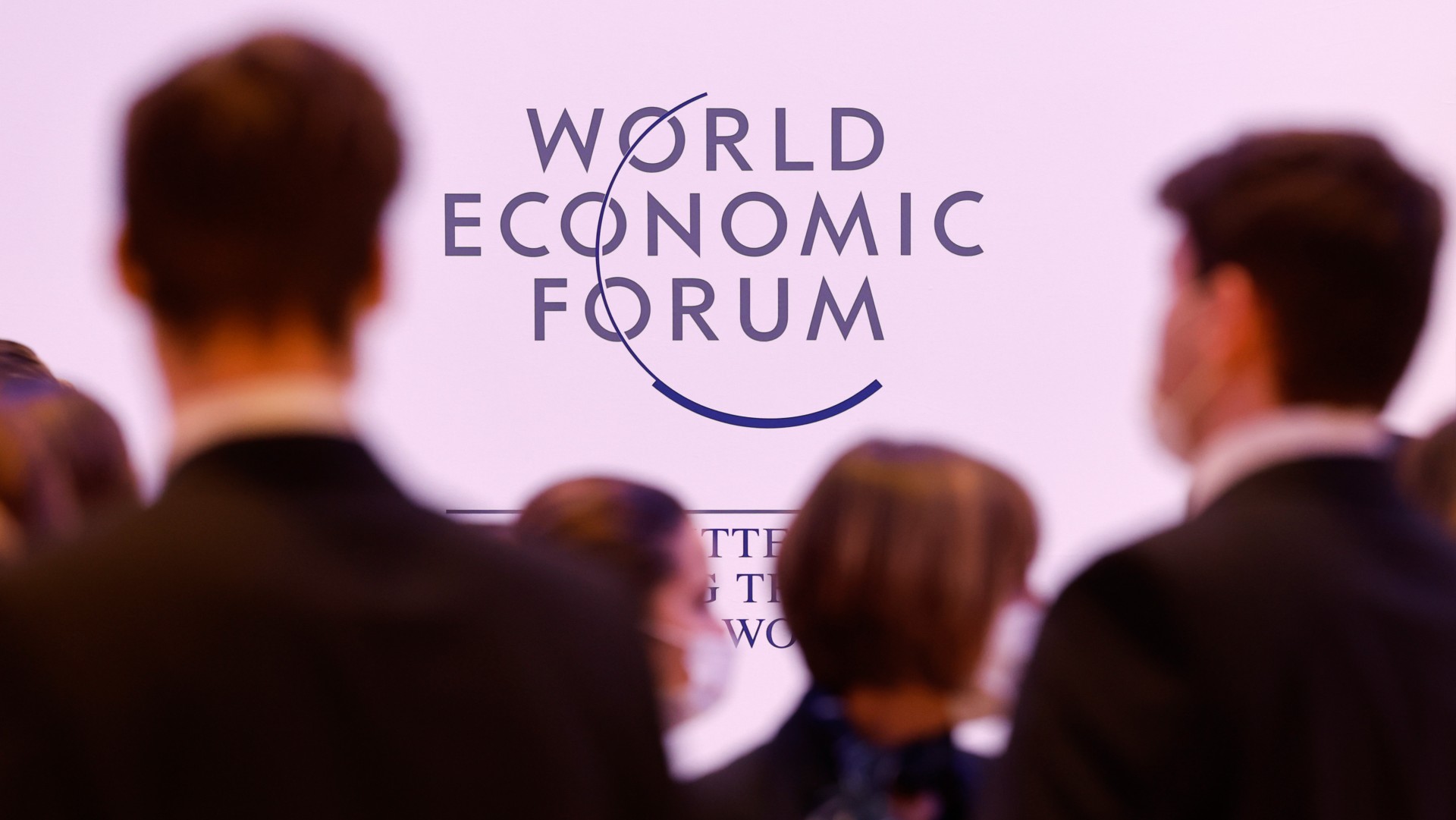
A free daily email with the biggest news stories of the day – and the best features from TheWeek.com
You are now subscribed
Your newsletter sign-up was successful
The world’s political and financial elites gather in Davos for the first fully in-person World Economic Forum (WEF) since the Covid pandemic hit three years ago, but it is far from business as usual at the exclusive gathering in the Swiss Alps.
For half a century, WEF “has brought together executives and policymakers to sing the praises of globalisation”, said France 24, “but that process is seen as unwinding as new fault lines harden around the world”.
This year’s Davos slogan is “Cooperation in a fragmented world” but following years of Covid-19 lockdowns, closed borders and disrupted supply chains, the interconnected, globalised world order WEF has long championed appears to have reached its end point.
The Week
Escape your echo chamber. Get the facts behind the news, plus analysis from multiple perspectives.

Sign up for The Week's Free Newsletters
From our morning news briefing to a weekly Good News Newsletter, get the best of The Week delivered directly to your inbox.
From our morning news briefing to a weekly Good News Newsletter, get the best of The Week delivered directly to your inbox.
‘A symbol of inequality and rootless capitalism’
“Those who claim Davos is dead are yet to be proven right,” said Politico, “but WEF’s critics now spread beyond the activist world who have long disparaged the juxtaposition of private jet opulence with hand-wringing panels about global poverty.”
Ever since the 2008 financial crisis populist political leaders, particularly in the West but increasingly also in emerging countries, “have made the WEF a symbol of inequality and rootless international capitalism”, said the Financial Times (FT).
Covid has further exacerbated global trends and cemented this criticism. In a report published to coincide with the start of this year’s forum, Oxfam claimed the richest 1% of people on Earth made almost two-thirds of the new wealth created since the pandemic began. Titled “Survival of the Richest”, its policy paper said the planet is facing a “polycrisis” of climate change, cost-of-living burdens, widespread hunger and an unprecedented decline in human development.
Davos is also drawing fire from conservative commentators. Andrew Orlowski in The Telegraph said it is “a pity” that the “networking club has become the focus of so many wild conspiracy theories, for if you had to create a surreal comedy movie to discredit the modern progressive Left, it would look very much like The WEF: not only for its tedious wokery, but its absurdly tone-deaf pleas to surrender our personal property, and eat insects”.
A free daily email with the biggest news stories of the day – and the best features from TheWeek.com
Long the target of anti-globalisation activists, “the idea that Davos is faintly toxic has gained ground” among mainstream leaders as well, said the FT.
US president Joe Biden and his G7 counterparts Xi Jinping, Emmanuel Macron, Rishi Sunak and newly re-elected Brazilian president Luiz Inácio Lula da Silva are all notably absent from this year’s gathering, while “some of the most prominent tech companies are dialing back their participation amid rounds of heavy layoffs”, claimed Politico.
‘An end to the era of globalisation’
It has long been suggested that where Davos leads the world follows. This may have been true for much of the past 30 years, but its position as the standard-bearer for globalisation is now under threat. “The Covid-19 pandemic, growing US-China hostility and Russia’s invasion of Ukraine have led some politicians and experts to even speculate about ‘an end to the era of globalisation’, which began in earnest in the decade after the first Davos meeting in 1971,” said France 24.
The world has changed. The general move from “just in time” supply chain strategies to “just in case” anticipates further global emergencies ranging from future pandemics to extreme weather events that threaten food security and state-sponsored cyber-attacks targeting vital infrastructure that runs the modern economy.
The end of cheap money and return of tougher monetary policy in the form of higher interest rates in 2022 was “merely an adjunct to a bigger story”, said The Guardian’s economics editor, Larry Elliott: “the dawning of a new age of self-sufficiency caused in part by the legacy of the Covid-19 pandemic, in part by the impact of Russia’s invasion of Ukraine on energy prices, and in part by the growing rift between the US and China”.
While this form of deglobalisation “comes at a cost” he argued, leading to higher prices and stubbornly high inflation, “full-fat globalisation came at a cost, too.
“It is really no real surprise that the pendulum has swung in 2022, and will continue swinging. Nor is it a bad thing,” Elliott concluded.
-
 How the FCC’s ‘equal time’ rule works
How the FCC’s ‘equal time’ rule worksIn the Spotlight The law is at the heart of the Colbert-CBS conflict
-
 What is the endgame in the DHS shutdown?
What is the endgame in the DHS shutdown?Today’s Big Question Democrats want to rein in ICE’s immigration crackdown
-
 ‘Poor time management isn’t just an inconvenience’
‘Poor time management isn’t just an inconvenience’Instant Opinion Opinion, comment and editorials of the day
-
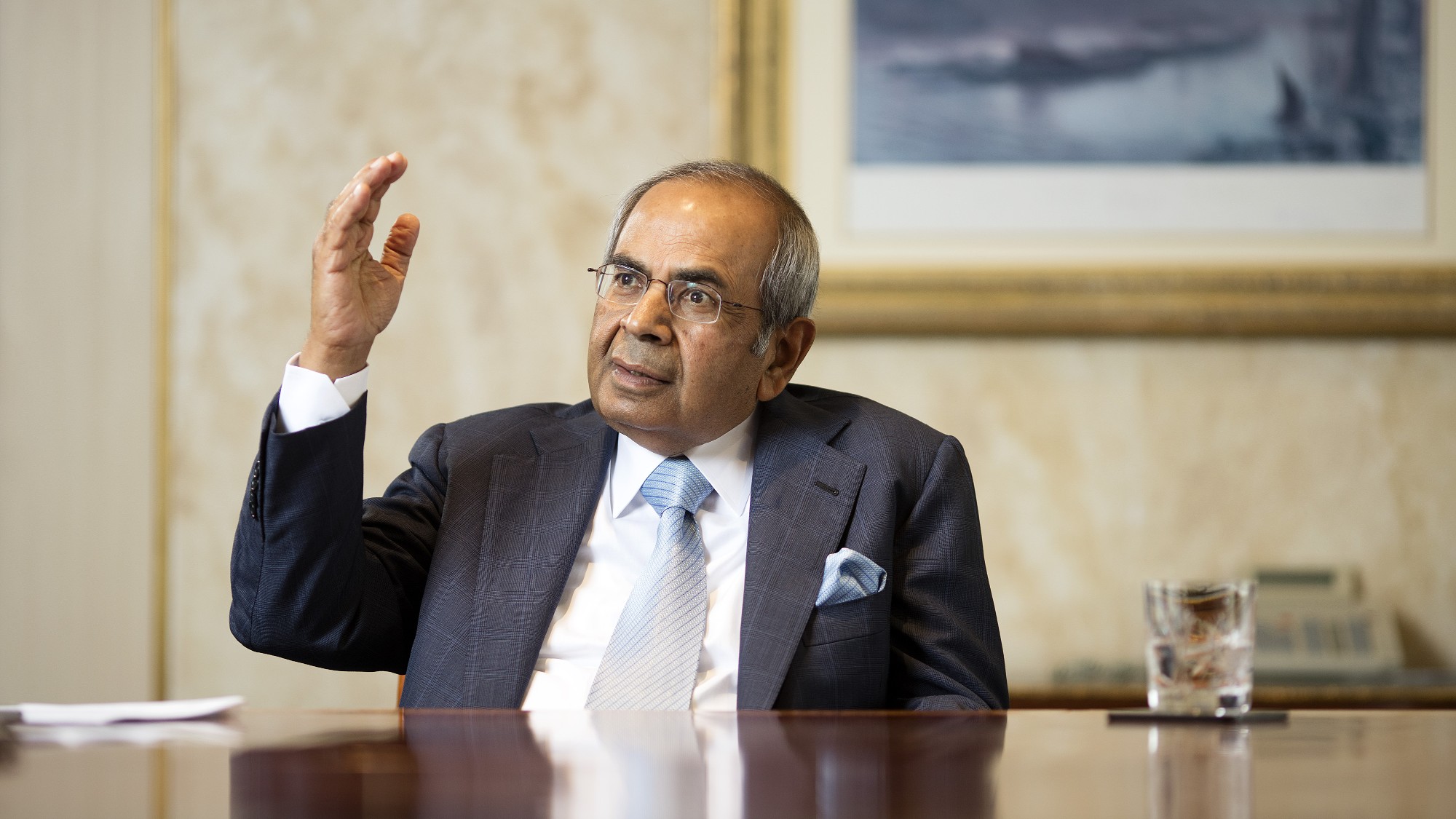 Gopichand Hinduja and the rift at the heart of UK’s richest family
Gopichand Hinduja and the rift at the heart of UK’s richest familyIn The Spotlight Following the death of the patriarch, the family’s ‘Succession-like’ feuds are ‘likely to get worse’
-
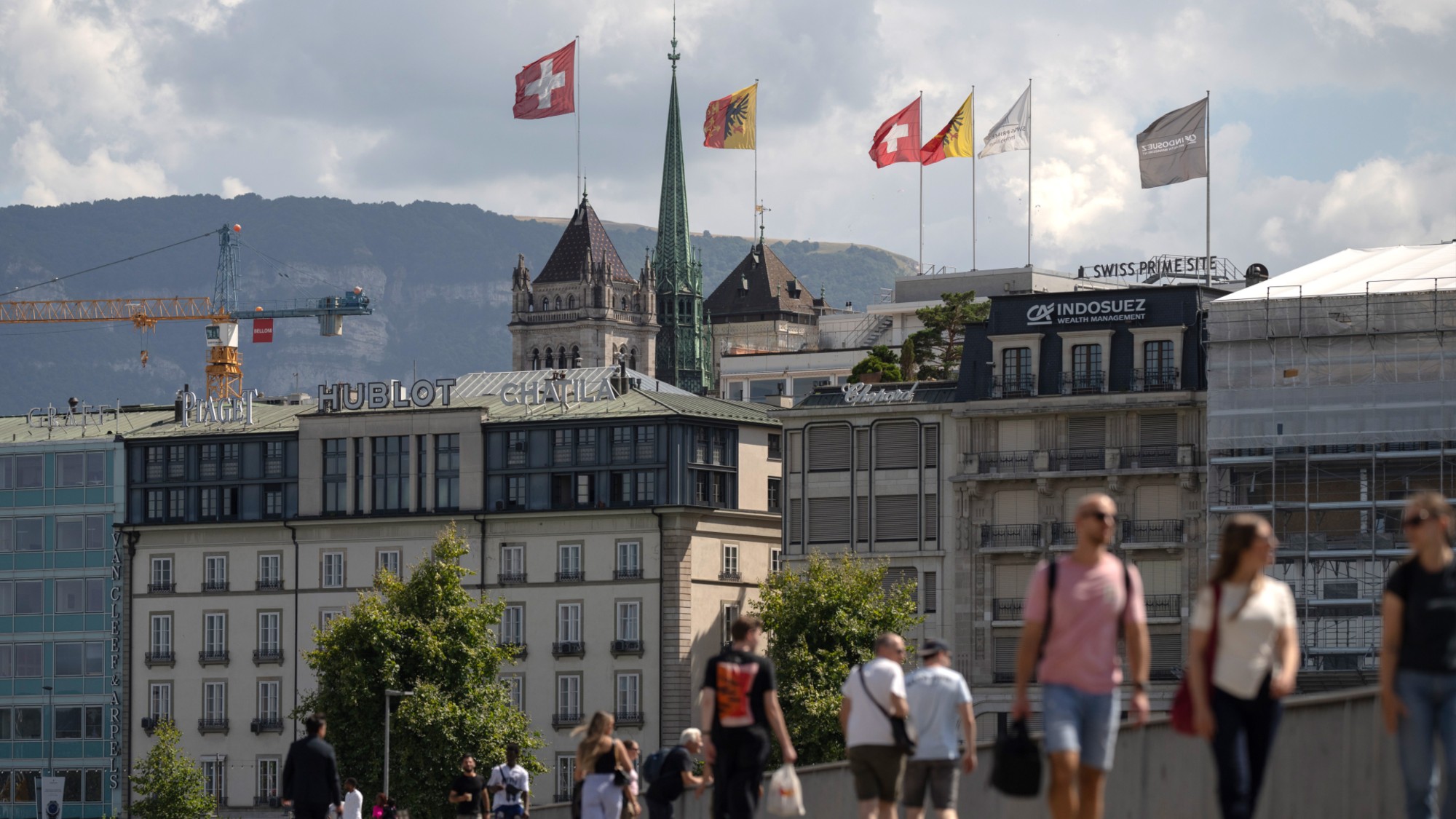 Switzerland could experience unique economic problems from Trump's tariffs
Switzerland could experience unique economic problems from Trump's tariffsIn the Spotlight The current US tariff rate on Switzerland is among the highest in the world
-
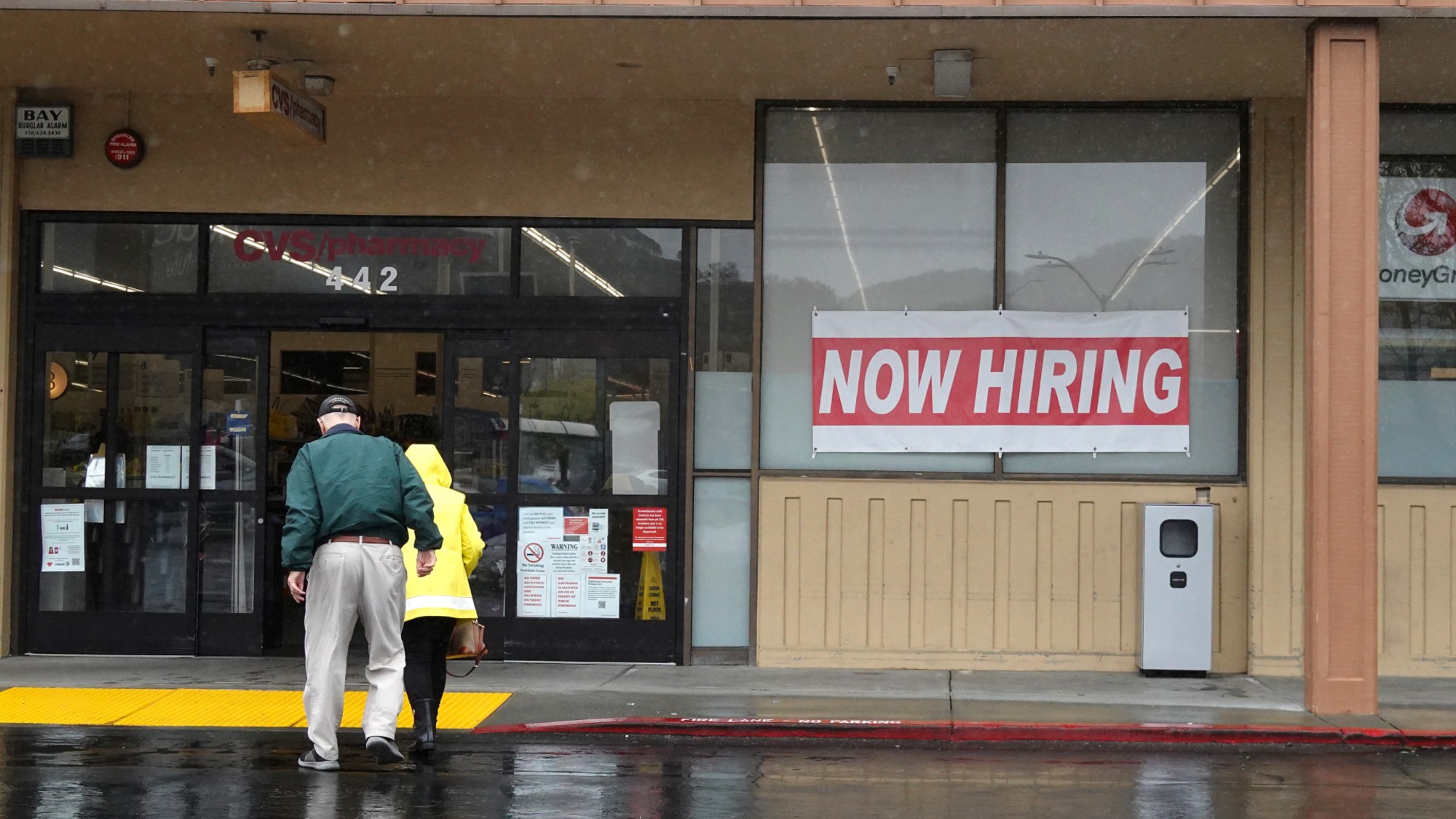 What is the job market's future after Trump's tariffs?
What is the job market's future after Trump's tariffs?Talking Points Economic analysts are split on what the tariffs could mean for employees
-
 What's Jeff Bezos' net worth?
What's Jeff Bezos' net worth?In Depth The Amazon tycoon and third richest person in the world made his fortune pioneering online retail
-
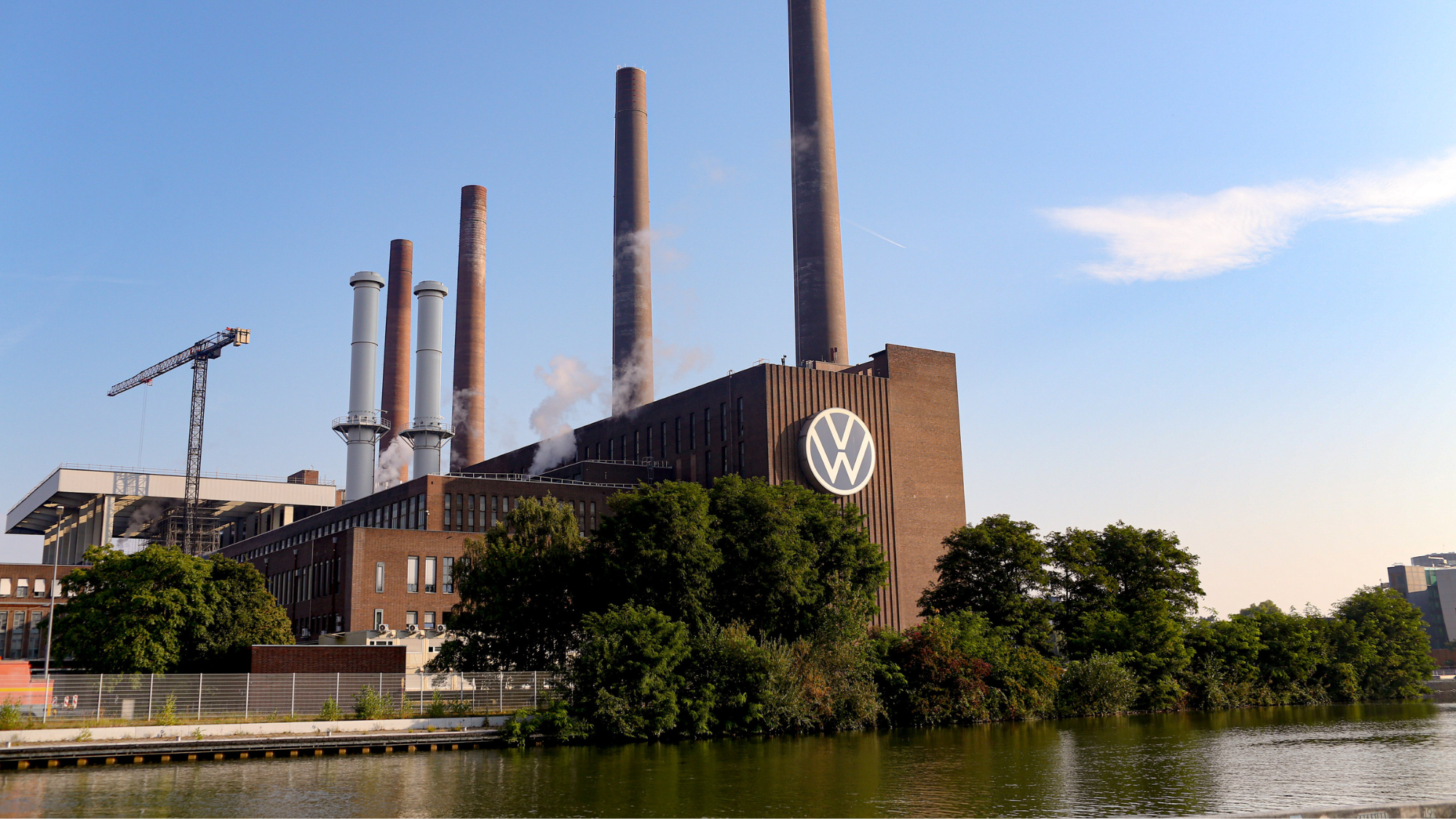 Volkswagen on the ropes: a crisis of its own making
Volkswagen on the ropes: a crisis of its own makingTalking Point The EV revolution has 'left VW in the proverbial dust'
-
 The row over UK maternity pay
The row over UK maternity payTalking Points Tory leadership hopeful Kemi Badenoch implied that taxpayer-funded benefit was 'excessive' and called for 'greater responsibility'
-
 Post Office: still-troubled horizons
Post Office: still-troubled horizonsTalking Point Sub-postmasters continue to report issues with Horizon IT system behind 'one of the worst miscarriages of justice in British legal history'
-
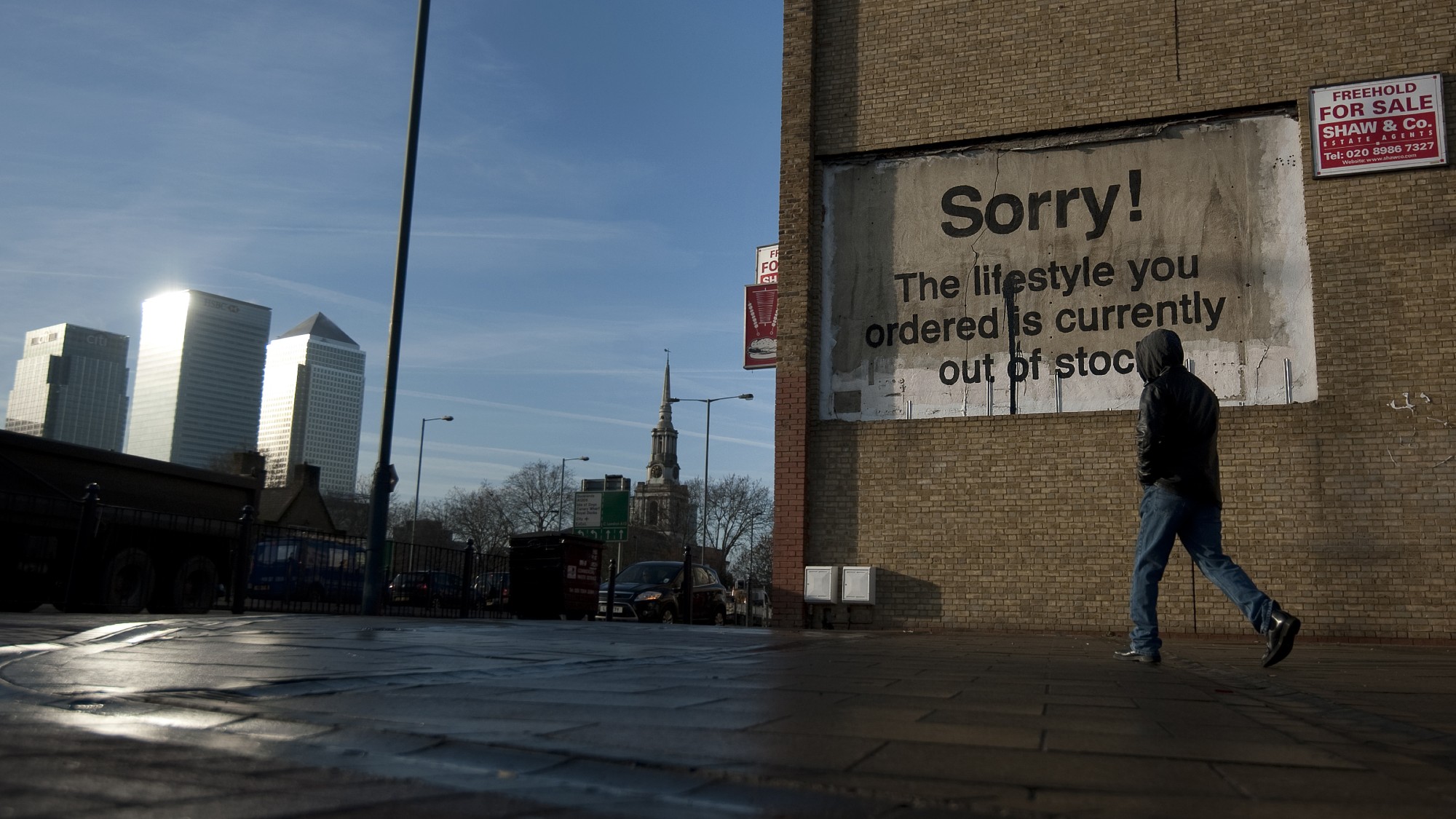 The UK's national debt: a terrifying warning
The UK's national debt: a terrifying warningTalking Points OBR's 'grim' report on Britain's fiscal outlook warns of skyrocketing spending, but 'projection' is not a 'forecast'